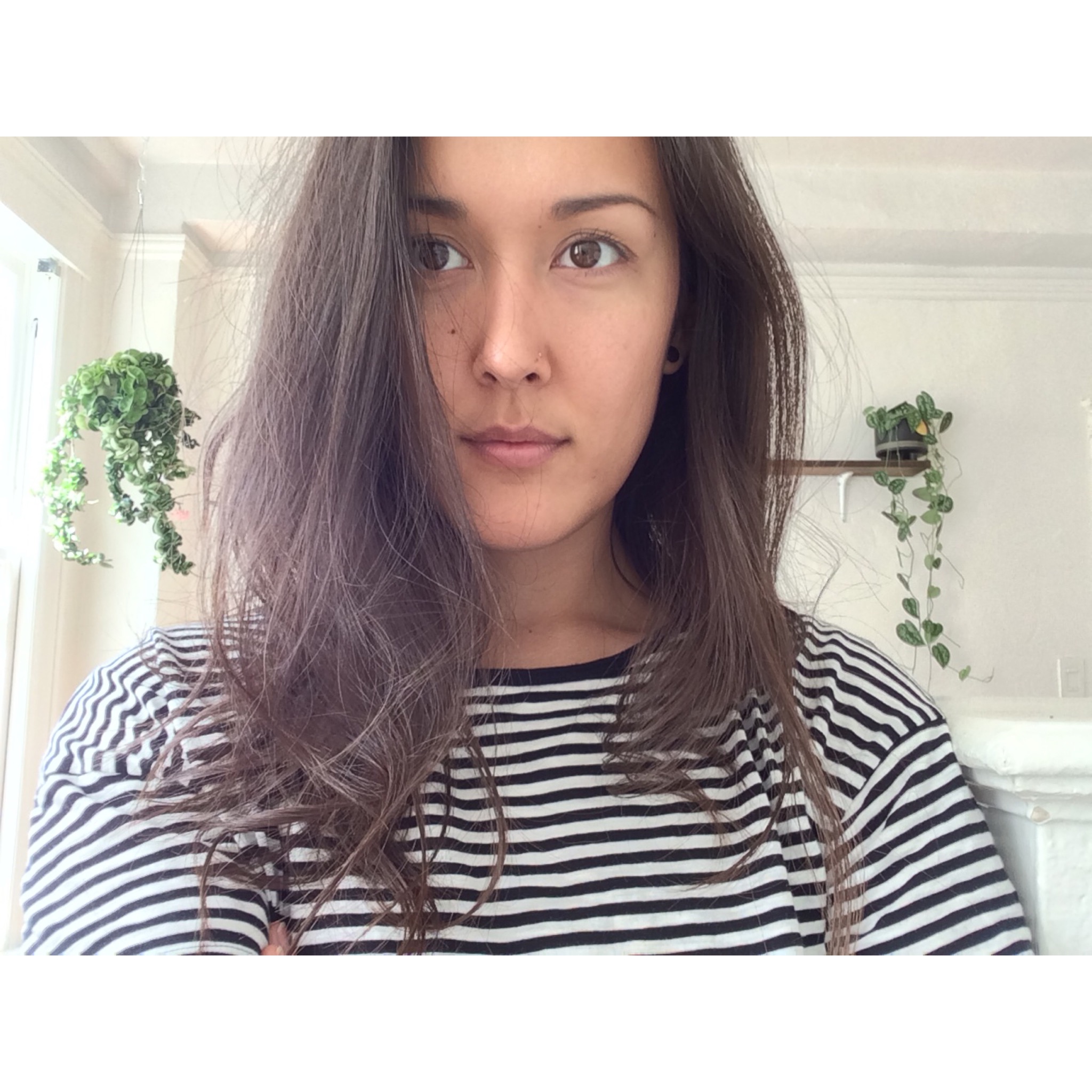Susie Hatmaker is interested in the valuation and transformation of matter as site of socio-cultural change. At the Humanities Forum, she will conduct research for a book project titled Silica, Silicon, Silicosis, on the translation of the mineral, silica, into life-altering technologies, bodily configuration, and social histories. She has published research on coal ash and the affective undercurrents of power, nation-building, and environmental disaster in Environmental Humanities and the upcoming collection Fueling Culture (Fordham University Press). Her work aims to decenter anthropocentrism by paying attention to the potential generated in human encounters with material excesses and abundances.
Susie Hatmaker
Andrew W. Mellon Postdoctoral Fellow in the Humanities
2016—2017 Forum on Translation
Susie Hatmaker
Cultural Anthropology
University of Minnesota Twin Cities, 2014
Ecologies of Translation: Material Worlds of Silica, Silicon, and Silicosis
This project is a comparative study of the activation of silicon as world-making substance, from microchips and solar panels to diseased lungs and excavated environments. Silica is everywhere, in household products, foods, medicines, as well as on the beaches as sand. It is hyper-abundant, to the point of being mundane. When purified and refashioned, it forms the basis of computer chips so essential to today’s technology that it acquires the status of proper name for a landscape and its culture – Silicon Valley. Out of this ideological location (an inheritance of 20th century American militarism), future-oriented dreams and desires for perpetual improvement turn on tiny microprocessors that must always produce more, faster. As the proliferation of electronics technology accelerates, so too does the rate of ecological change necessary to power innumerable new devices and their data storage. This includes mining, where silica enters lungs and marks bodies for death as silicosis. When silica moves from earth’s strata into bodily entanglements, how is the immanence of matter translated into normative regimes of memory, history, knowledge, and power? What forms of agency can be witnessed in these human material amalgams? This project will further develop a central theme of my previous work: questioning the linear temporality of modern technological development. It will do so by juxtaposing stories about present-day tech advancement with case studies on how landscapes and lives are transformed in service of these dreams through the happenstance location and utilization of a basic earthly material.



